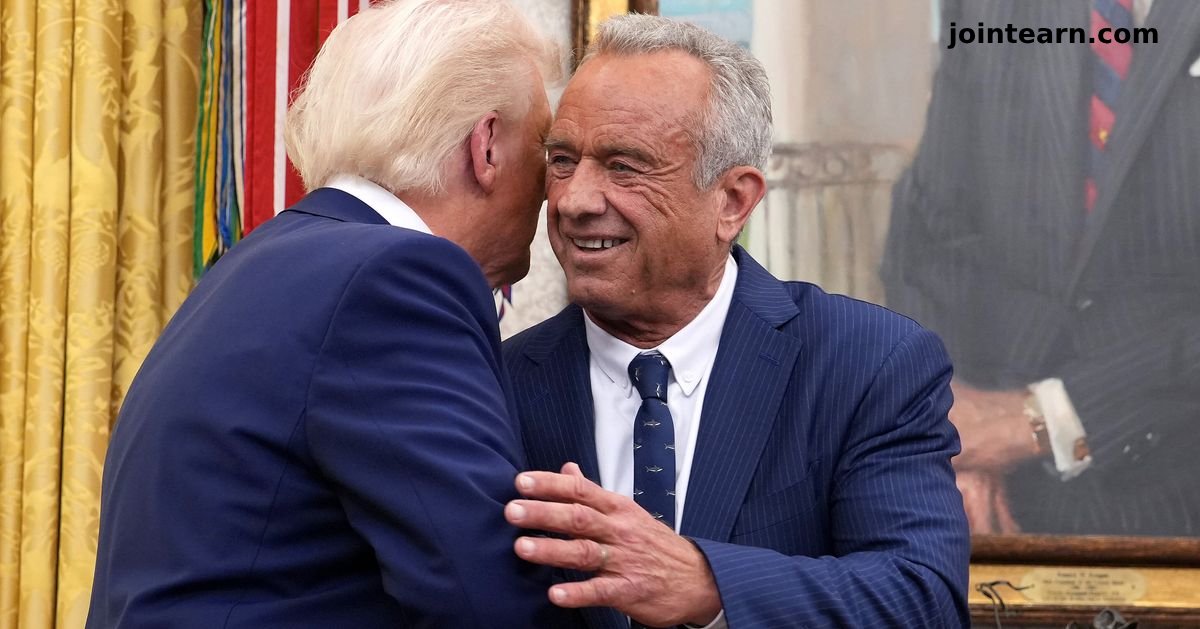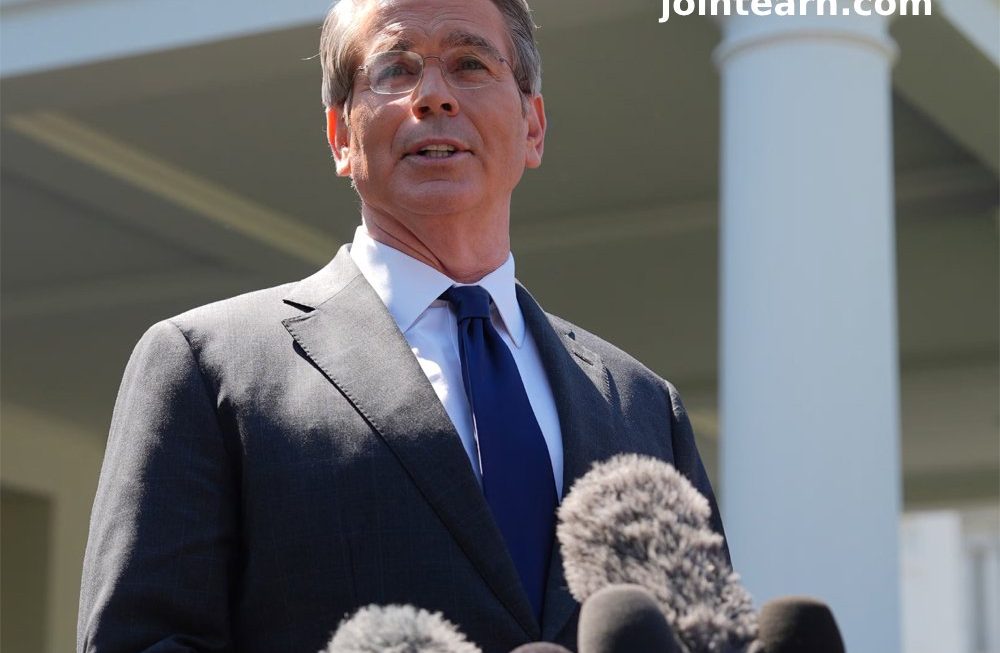Shortly after Robert F. Kennedy Jr. was sworn in as Secretary of the Department of Health and Human Services (HHS), President Donald Trump signed an executive order initiating a review of the use of antidepressants, antipsychotics, and weight-loss medications in children. The order cited concerns that these medications could pose risks to young people.
The directive establishes the Make America Healthy Again commission, chaired by Kennedy, to study chronic diseases. One of the commission’s key objectives is to examine the prevalence and potential dangers of selective serotonin reuptake inhibitors (SSRIs), antipsychotics, mood stabilizers, stimulants, and obesity medications in children.
Kennedy’s History of Criticism Toward Medications

Kennedy has previously expressed skepticism about these medications, falsely linking antidepressant use to school shootings. He has also made unsubstantiated claims that weight-loss drugs are being used to treat obesity in very young children and that improving diet alone could solve the U.S. obesity crisis.
However, medical professionals, including psychiatrists and obesity specialists, argue that Kennedy and the Trump administration may not fully grasp how these medications are prescribed. Experts from organizations such as the American Academy of Child and Adolescent Psychiatry, the American Academy of Pediatrics, and the American Medical Association affirm that these treatments are generally safe, effective, and used alongside other therapies. They emphasize that medication decisions should always be made with a doctor’s guidance.
Dr. Justin Ryder, an associate professor at Northwestern Feinberg School of Medicine, noted that while the commission’s intent to address chronic childhood diseases is commendable, certain aspects of the order raise concerns. He specifically questioned the notion that medical treatments are exacerbating chronic conditions, emphasizing that many of these medications are beneficial rather than harmful.
Understanding Antidepressant Use in Children
SSRIs, a common class of antidepressants, are widely used to treat anxiety and major depressive disorders in children. Research, such as a 2019 Yale University study, supports their effectiveness in treating these conditions.
Similarly, second-generation antipsychotics—which are approved by the Food and Drug Administration (FDA) for use in children and adolescents—are considered safe when prescribed under proper guidelines.
Dr. Joseph Saseen, a pharmacy and family medicine professor at the University of Colorado, stated that while SSRIs and antipsychotics can have side effects, they are generally safe. The executive order also mentions stimulants, a class of medications used to treat attention-deficit/hyperactivity disorder (ADHD).
Saseen pointed out that, although stimulants are considered safe and effective, they do carry a risk of addiction since many are classified as controlled substances. However, Dr. Asim Shah, a professor of psychiatry at Baylor College of Medicine, clarified that addiction risks are minimal when these medications are prescribed correctly. He also emphasized that all mental health medications undergo rigorous testing and regulatory approval before reaching the market.
Both Shah and Saseen criticized the order’s use of the term “threat”, arguing that it suggests these medications are inherently dangerous. Saseen noted that medical professionals typically assess treatments based on risk versus benefit, rather than framing them as threats.
Kennedy’s Controversial Statements on Antidepressants
Kennedy has been accused of spreading misinformation about psychiatric medications. During his confirmation hearing, he falsely claimed that SSRIs are more difficult to quit than heroin. Experts, including Saseen, rejected this assertion, noting that no evidence supports such a comparison.
Kennedy has also suggested that antidepressant use is linked to school shootings—another claim that lacks scientific backing. Dr. Shah emphasized that individuals with mental health conditions are not more likely to be violent, and in fact, untreated mental illness poses a greater risk than properly managed treatment.
Weight-Loss Medications and Childhood Obesity
The FDA has approved six medications for treating overweight and obesity, with some available for children as young as six years old under specific conditions.
Kennedy has made childhood nutrition a key focus of his platform and previously argued that better food quality alone could solve obesity. During his confirmation hearing, he wrongly suggested that weight-loss drugs are routinely prescribed as a first-line treatment for young children.
Dr. Ryder clarified that this is not the standard medical approach. Obesity treatments—including medications and bariatric surgery—are typically combined with nutritional counseling, behavioral therapy, and physical activity recommendations. The American Academy of Pediatrics also supports using medications as part of a comprehensive treatment plan rather than as a standalone solution.
Final Thoughts
While Kennedy and the Trump administration are pushing for a review of these medications, medical experts caution against oversimplifying complex health issues. They stress that antidepressants, antipsychotics, and weight-loss drugs are carefully regulated and essential tools in managing serious conditions when used appropriately.












